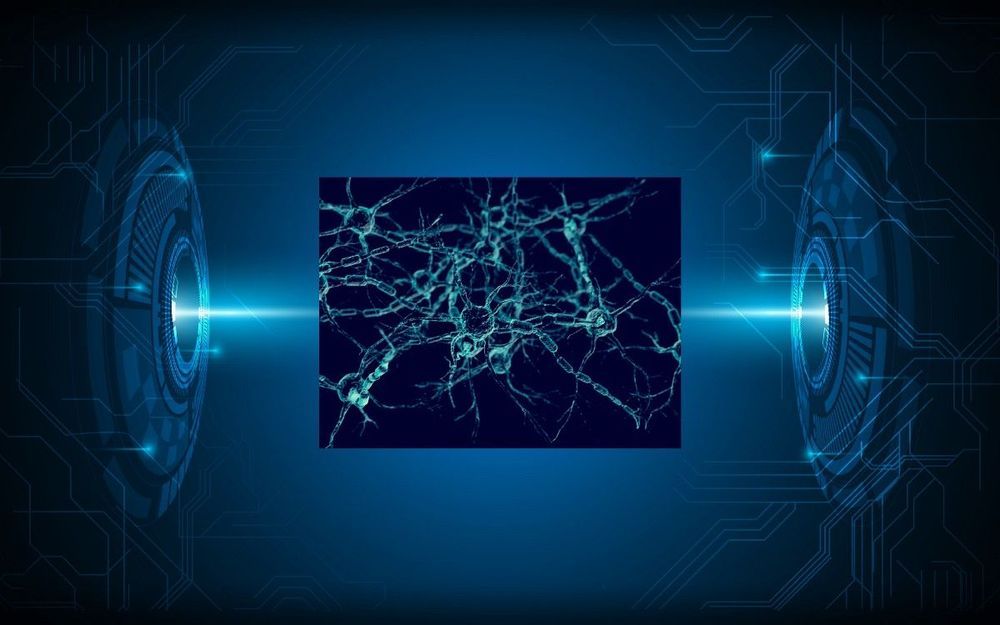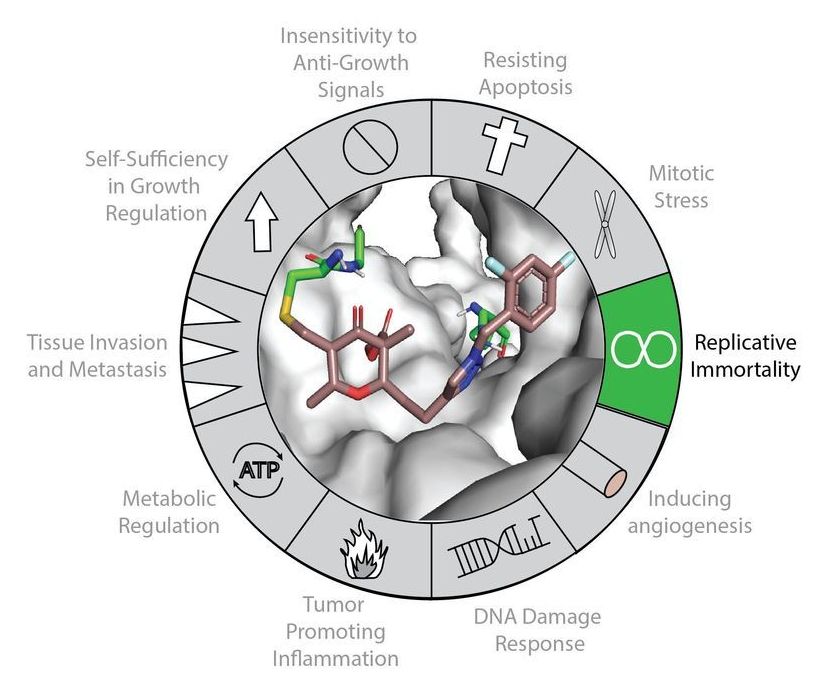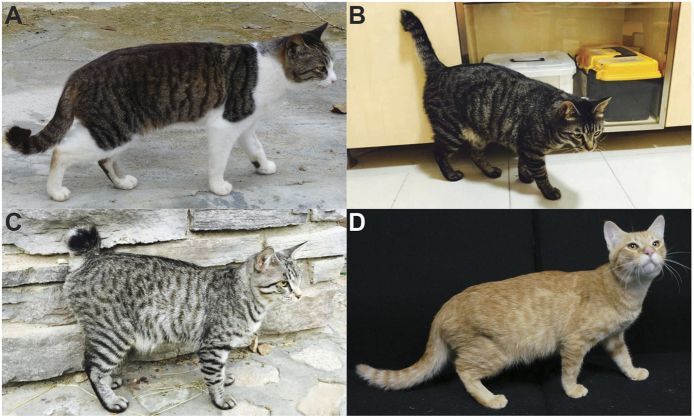The scientific revolution was ushered in at the beginning of the 17th century with the development of two of the most important inventions in history — the telescope and the microscope. With the telescope, Galileo turned his attention skyward, and advances in optics led Robert Hooke and Antonie van Leeuwenhoek toward the first use of the compound microscope as a scientific instrument, circa 1665. Today, we are witnessing an information technology-era revolution in microscopy, supercharged by deep learning algorithms that have propelled artificial intelligence to transform industry after industry.
One of the major breakthroughs in deep learning came in 2012, when the performance superiority of a deep convolutional neural network combined with GPUs for image classification was revealed by Hinton and colleagues [1] for the ImageNet Large Scale Visual Recognition Challenge (ILSVRC). In AI’s current innovation and implementation phase, deep learning algorithms are propelling nearly all computer vision-intensive applications, including autonomous vehicles (transportation, military), facial recognition (retail, IT, communications, finance), biomedical imaging (healthcare), autonomous weapons and targeting systems (military), and automation and robotics (military, manufacturing, heavy industry, retail).
It should come as no surprise that the field of microscopy would ripe for transformation by artificial intelligence-aided image processing, analysis and interpretation. In biological research, microscopy generates prodigious amounts of image data; a single experiment with a transmission electron microscope can generate a data set containing over 100 terabytes worth of images [2]. The myriad of instruments and image processing techniques available today can resolve structures ranging in size across nearly 10 orders of magnitude, from single molecules to entire organisms, and capture spatial (3D) as well as temporal (4D) dynamics on time scales of femtoseconds to seconds.






